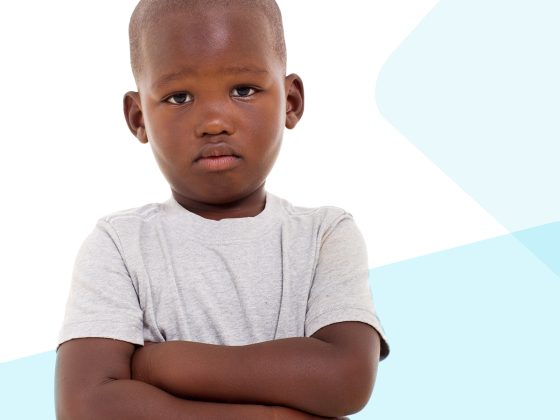
Watching for Signs of Stress
Keep an eye on these behavior changes that may indicate stress in a child.
During tough times, when there is a lot of change and uncertainty, children may just not be themselves. Just like grown-ups, kids experience stress. If changes in their behavior continue or affect their everyday life, it might be time to reach out for help. Here are some common reactions to stress and helpful ways parents can respond:
- If children are super-clingy or scared of being alone, use gentle words to reassure them that you’ll keep them safe and you will not disappear. Little ones feel comforted and safe when there are things they can count on each day. Try to create at least one daily routine that will stay the same no matter what, like reading a bedtime story or having an afternoon snack together.
- If children have trouble sleeping, offer a comfort object, like a stuffed animal or special blanket, to help them soothe themselves and calm down. Say, for instance, “Blankie will keep you company all night, and I will see you when you wake up in the morning.”
- If children are talking less or shying away from social situations, they may be keeping lots of big feelings inside. Ask how they are feeling and if they have questions. Give them words describing feelings, such as angry, sad, scared, or worried.
- More frequent meltdowns can be kids’ way of coping with a lack of control over a situation. Try activities that help them feel calmer and in control of something, such as molding clay, doing a puzzle, or building with blocks.
- If bed-wetting, thumb-sucking, or baby talk are reappearing, try to offer love and affection, and understand that these are normal behaviors in stressful times, and it can take time for them to get better.

Engaging Kids with Nature and Community: Outdoor Activities and Adventures
Learning to care for the environment starts with loving the natural world around you.

Empowering Kids to Make a Big Impact in Their Communities
Learning about what makes a community is the first step in learning how to take care of our communities!
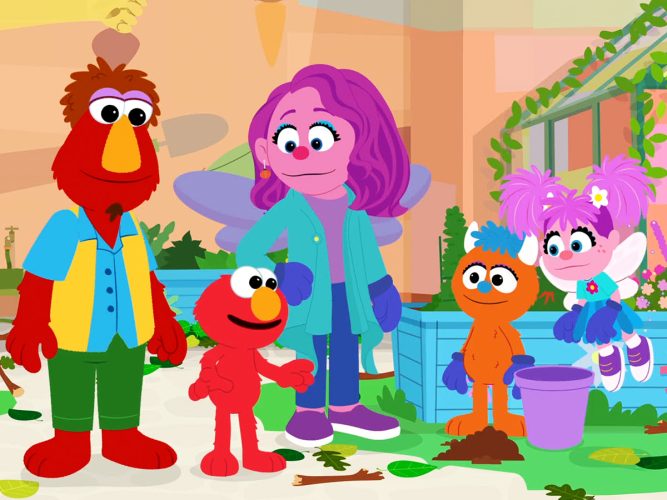
A Garden of Support
Communities can tackle big problems by working together!
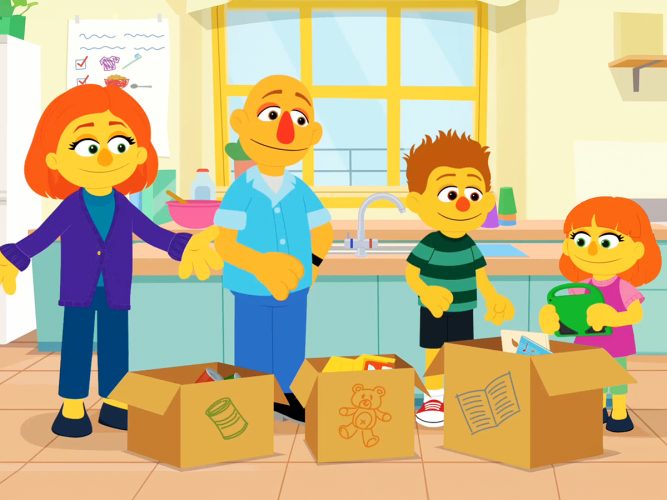
Helping at Home, Helping the Neighborhood
Little acts can make a big difference.
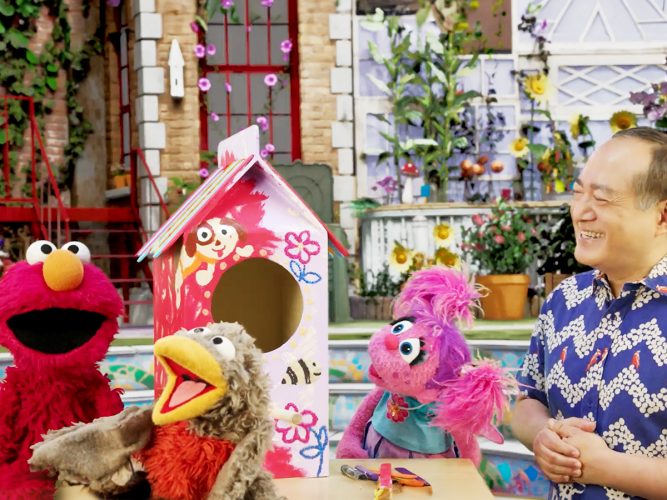
Little Neighbors Can Do Big Things
A new friend joins the Little Neighbors Club!
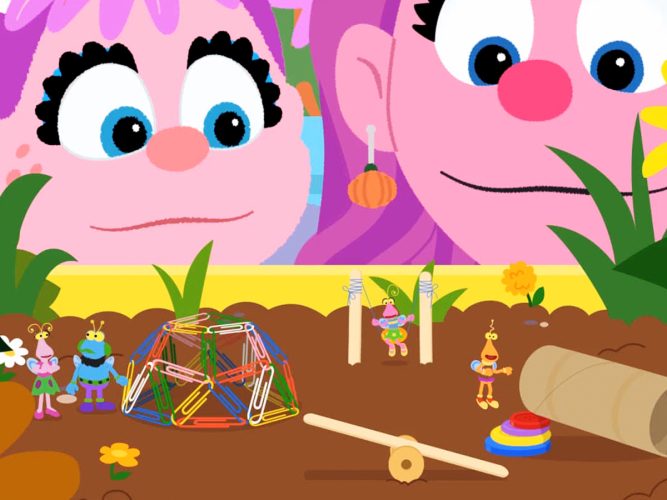
Little Helpers, Big Helping
Kids are never too little to make a big difference!
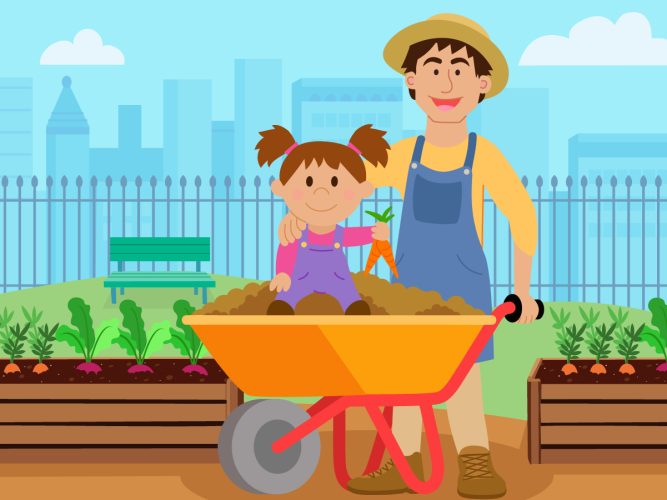
Little Neighbors: Fostering Community Connection, Engagement, and Exploration
